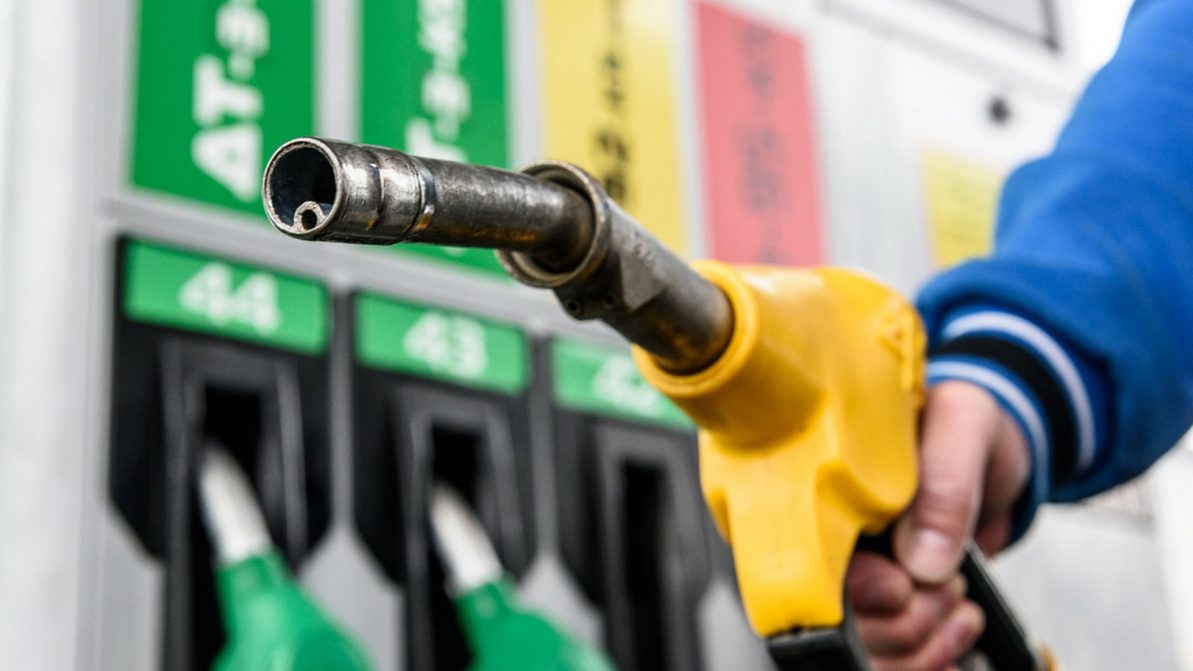Argentina’s biodiesel industry could recover from February

Argentina’s biodiesel industry could experience a recovery from February after the government has increased biofuel prices, the head of a union federation told BNamericas.
An energy department resolution from January 2 establishes three measures that are essential for the sector which has been semi-paralyzed since July 2020.
Most biodiesel plants in the provinces of Buenos Aires and Santa Fe are closed or operate at a minimum. The 1,200 employees are suspended and receive only half of their wages, said the secretary general of petroleum, gas and biofuels union federation FASiPeGyBio, Gabriel Matarazzo.
But the resolution implements a price increase between January and May for biodiesel that refineries buy to mix with the diesel they produce.
“We were in hell and now there is a light at the end of the tunnel. With this measure, a perspective is opened for the industry to recover,” Matarazzo said.
In October, the government already increased the biodiesel price to 48,533 pesos (US$575)/t. But the move failed to cover operating costs, which were frozen since December 2019.
As result of the resolution, the price for January transactions increases 59.3% over current prices to 77,300 pesos/t. The February price rises 83.1% to 88,875 pesos/t, in March 85.4% to 89,975 pesos/t, in April 86% to 90,300 pesos/t, and in May 90.7% to 92,558 pesos/t.
To account for inflation and rising soybean prices the energy department demands biodiesel bills must be paid within 30 days.
However, Matarazzo said companies will still only be able to start operating normally from February as they have not yet received enough income to cover the costs to reopen the plants.
For this reason, the companies and energy department head Darío Martínez also agreed to reduce the amount of biofuel in diesel until March, which normally is 10%.
In January companies will add only 5%, 6.7% in February and the following month 8.4%.
“We estimate that by April or May we will be able to start with the sector fully operational,” Matarazzo said.
Since the regulation mentions prices only until May, sector players worry price freezes could return from June, since elections are scheduled for August and October.
Even more pessimism arises from the central bank‘s market expectation survey, according to which inflation will rise to 50% this year.
Also, continuing loss of value of the peso and rising soybean prices, which are paid in dollars, may neutralize much of the profitability the industry could expect from the resolution.
According to survey, the official price of the local currency will lose 41.3% against the dollar and reach 126.50 per greenback by the end of 2021.
Only half a solution
The energy department also sought to solve the problem with bioethanol, which is used in the mandatory mixture with gasoline.
However, a solution could be found only for companies that use sugar cane because of lawsuits filed by companies that use corn.
A bioethanol resolution from January 3 resembles that for biodiesel, with the difference that it maintains mandatory percentages and includes only minor price increases.
According to the resolution, the price will rise around 33% to 43.60 pesos/l for operations in January, 45.8% to 47.80 pesos/l in February, 48.5% to 48.70 pesos/l in March, 51.3% to 49.60 pesos/l for April, and 55.9% to 51.13 pesos/l for May.
The energy minister and the Corn Bioethanol Chamber could not agree on prices because the association’s members refuse to cancel the precautionary measures they were granted through lawsuits which forced the government to pay the values originally established by law.
Currently, these companies are charging 44.90 pesos/l, more than what the energy ministry offers sugar cane bioethanol producers under the new regulations.
“We are willing to make a huge effort, accepting a progressive path of price recovery, but we are not willing to accept conditions that could jeopardize our future as an industry in the event of defaults or a possible new freeze as of June,” the chamber’s executive director Patrick Adam told industry portal Bichos de Campo.
The biofuel promotion regime expires mid-year and could be extended for another year, but then a new regulation must be implemented.
Read also
Black Sea Grains and Oilseeds: Export Flows and the Future Potential. Outlook for ...
Wheat export prices rise in Ukraine due to limited supply
India’s Sunflower Oil Imports Up 17.8% in June – SEA
About 46% of Ukrainian flour was exported to the EU in the 2024/25 season
US soybean crops show significant improvement
Write to us
Our manager will contact you soon



